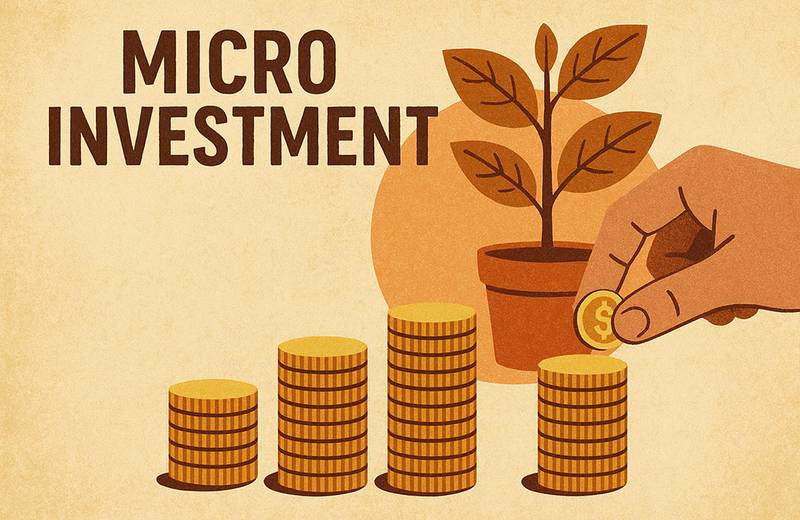Table of Contents
Introduction: Why Freelancing Is a Great Starting Point
We’ve wrangled the best freelance websites all in one place. Freelancing is one of the fastest, most flexible ways to earn money online. You don’t need a degree, a fancy office, or years of experience. What you do need is a marketable skill and a platform where clients are already looking for help.

For beginners, freelance websites provide that bridge. They connect you with clients, handle payments, and provide you with the opportunity to build reviews and establish confidence. The challenge? Choosing the right platform to start with.
This guide will walk you through the best freelance websites for beginners, highlighting their strengths, drawbacks, and tips to stand out.
1. Fiverr
- How it works: You create “gigs” offering services (starting at $5, but most sell for more).
- Best for: Beginners who want to start quickly with microservices (proofreading, graphic design, voiceovers, video editing).
- Pros: Easy setup, no bidding, global audience.
- Cons: High competition, platform fees, and sometimes lowball clients.
- Beginner tip: Start with small, specific gigs and deliver fast to build reviews.
Fiverr.com, is constantly on top of the best freelance websites.
2. Upwork
- How it works: Clients post projects, freelancers submit proposals.
- Best suited for: Those seeking longer-term contracts or larger projects.
- Pros: Wide range of jobs (writing, tech, admin, design).
- Cons: Requires strong proposals; fees can cut into early earnings.
- Beginner tip: Bid on smaller projects first to build a track record.
3. Freelancer.com
- How it works: Similar to Upwork, you bid on projects and can also enter contests.
- Best for: Beginners open to a variety of small jobs or design contests.
- Pros: Large marketplace, diverse categories.
- Cons: High competition, some lower-quality clients.
- Beginner tip: Use contests to showcase your talent and build a portfolio.
4. PeoplePerHour
- How it works: You post “hourlies” (set-price tasks) or apply for jobs.
- Best for: Writers, designers, digital marketers.
- Pros: Focus on professional services, European/UK-friendly.
- Cons: Smaller marketplace compared to Fiverr/Upwork.
- Beginner tip: Tailor your profile for niche skills to stand out.
5. Toptal (for advanced beginners)
- How it works: A network for top freelancers in design, software development, and finance.
- Best for: Those with some experience looking to break into higher-paying gigs.
- Pros: Premium clients, high pay.
- Cons: Rigorous screening, not ideal for complete beginners.
- Beginner tip: If you have some portfolio pieces, apply — even entry-level freelancers sometimes succeed here.
6. Specialized Sites for Niche Skills
- Rev / TranscribeMe: Transcription jobs.
- UserTesting: Get paid to test websites and apps.
- 99designs: Design contests for creatives.
- ProBlogger Jobs: For freelance writers.
These platforms are narrower in scope, but they are excellent stepping stones if you have a clear niche.
Tips for Success as a Beginner Freelancer
- Start small, grow steadily. Focus on completing projects and getting reviews.
- Be professional. Respond quickly, meet deadlines, communicate clearly.
- Create a portfolio. Even sample projects show your skills.
- Price smart. Start competitively, then raise rates as reviews build.
- Deliver more than expected. Happy clients = repeat business and referrals.
Conclusion: Start Where You Are
Freelancing isn’t just for experts. It’s one of the most accessible ways to earn money online legally. Whether you start on Fiverr with small gigs, Upwork with longer projects, or niche platforms for specific skills, the key is the same: show up, deliver value, and build momentum.
The beauty of freelancing is that it grows with you. What begins as a side hustle can turn into full-time income and even a thriving business. We hope this list of the best freelance websites will guide you to a new and fulfilling career.








